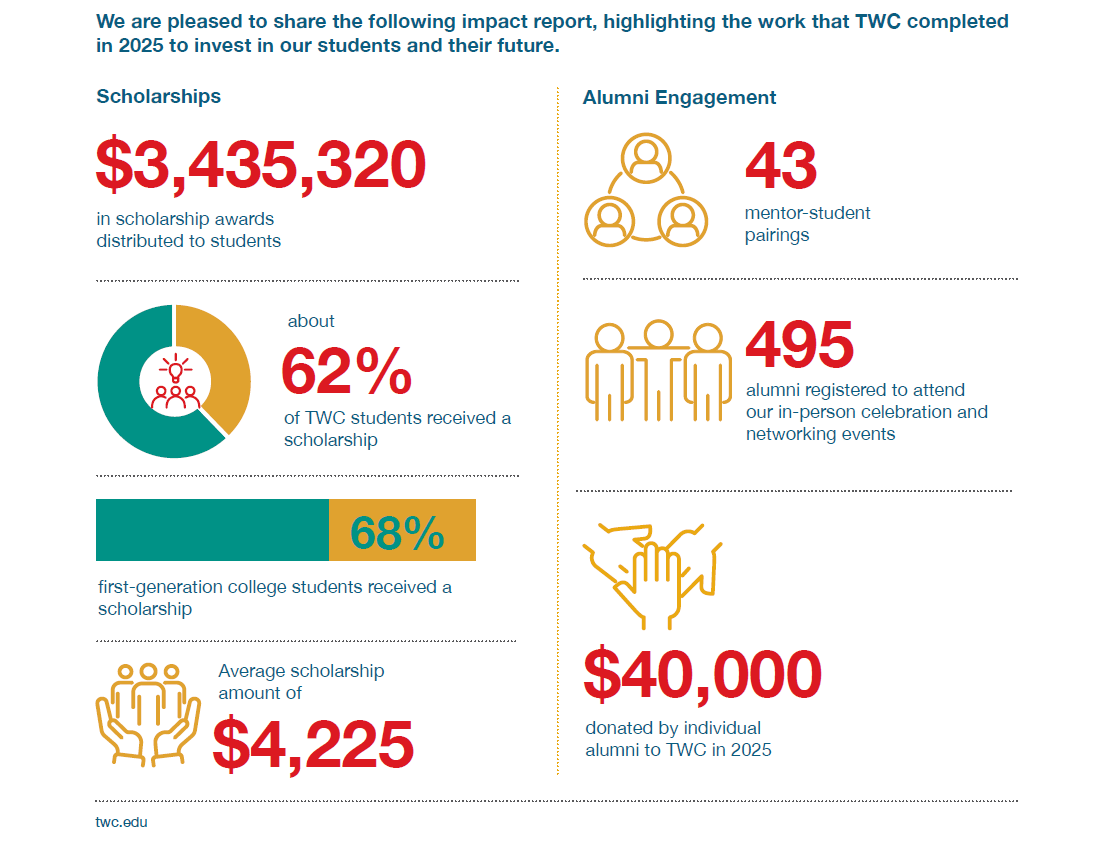
Here’s how to identify and overcome the most difficult workplace conundrums.
Maybe you’ve fallen behind on a project and need to ask your boss for more time. Or you’ve taken on a lot of new work and think you’ve earned a raise. Or something’s come up and you’re going to need some extended time away from the office.
Congratulations – you’re about to have a Difficult Conversation™.
While these kinds of conversations are wont to strike fear into the hearts of employees and supervisors alike, they’re also some of the most important conversations you’ll have at work. Here’s how to identify and overcome the most difficult workplace conundrums.
What makes a conversation a difficult one?
Here’s a good litmus test: if you’re avoiding having a conversation, that probably means you find it difficult. Different people find different conversations to be difficult. While you might struggle to admit when you’ve made a mistake, you might have no trouble asking for a raise.
Oftentimes, these conversations are difficult because they involve saying something the other person may not want to hear. It might involve a taboo subject: like your compensation or feeling overworked or underappreciated. It could even be something as simple as bringing up something going on in your personal life, like a family emergency or a medical issue.
These conversations are difficult because they involve saying something the other person may not want to hear. But the hardest conversations are often the ones that are most needed.
How Do I Handle Them?
Unfortunately, there’s no cure-all for every kind of difficult conversation you may encounter. But, there are some general tactics to keep in mind as you approach these discussions. Here’s an easy, three-part road map of how to prepare for a difficult conversation:
1. Have a (Flexible) Plan
You don’t need to write a script, but it’s important that you be prepared to approach this conversation. Know what you’re asking for and know why you’re asking for it. There are likely going to be follow-up questions, so try anticipating as many of them as you can and think about your answer.
Having your talking points ready to go will prevent you from getting flustered and potentially keep your stress level at a minimum.
2. Listen
The person you’re conversing with likely has an opinion of their own. No matter who they are (be it another coworker, a supervisor or a supervisee), hear what they have to say. Approach the conversation with an open mind and be ready to compromise.
3. Establish Next Steps
The last thing you want to do is to leave that conversation without having accomplished anything. After all, that’s why you had this difficult conversation in the first place!
If the conversation gets away from you, don’t be afraid to reign in back in with a simple question: “So, what’s next?” You don’t have to end the conversation having completely solved the problem, but it’s important you don’t walk away without some sort of plan. The next step might be a solution, a follow-up meeting with your HR department, some action items to improve the issue, or even just a promise to have a longer conversation at a later date.
Difficult conversations are just that: they’re difficult. But the hardest conversations are often the ones that are most needed. The next time you consider putting one off, take a deep breath, keep these tips in mind, and go forth and speak your mind!
About the Author
Follow on Twitter Visit Website More Content by The Washington Center






















